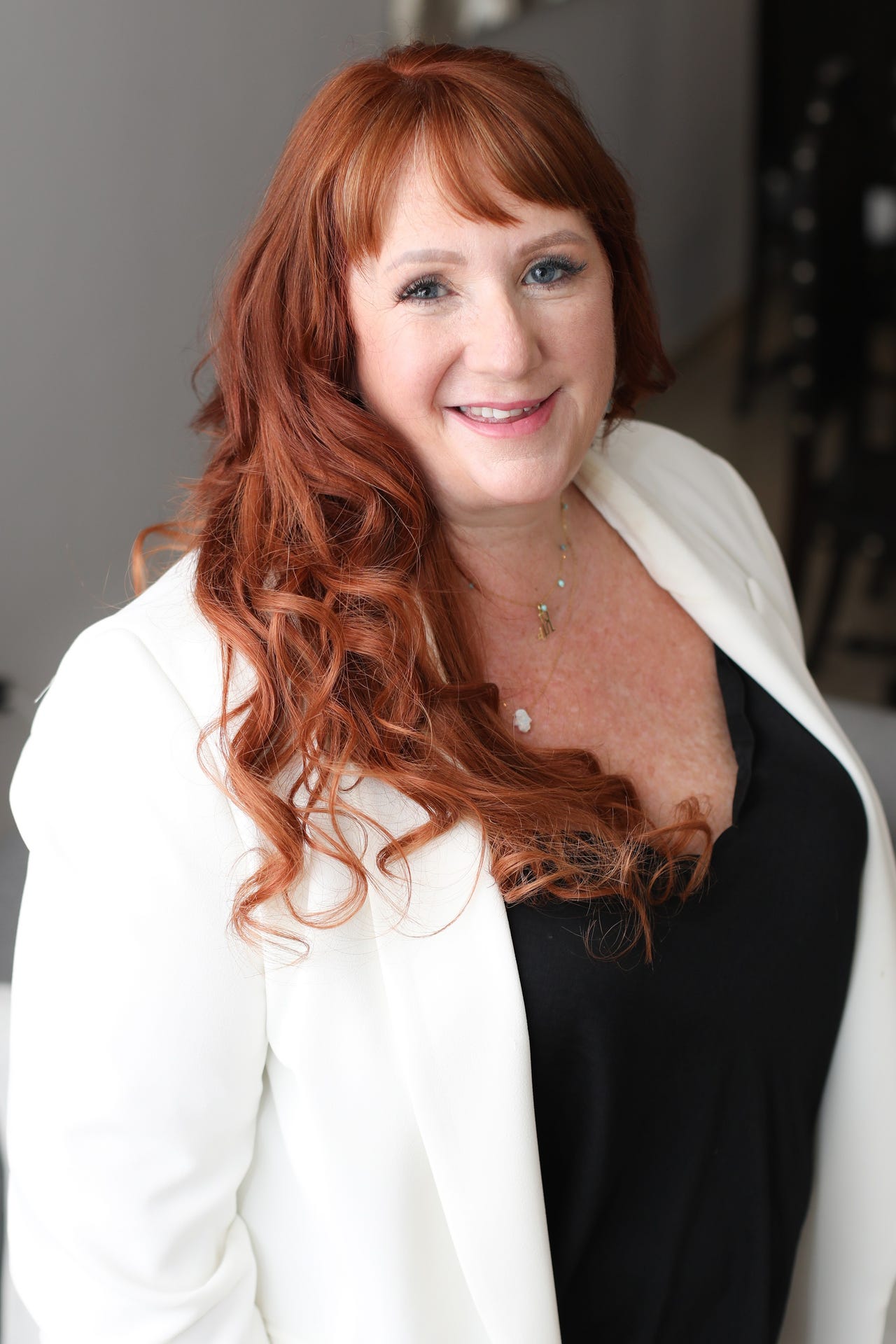Understanding stress and the unspoken truths of medical life
Steps to manage mental health while pursuing a career in the medical practice.
April 29, 2025

I would not for a moment tell a medical student or a medical professional to avoid stress, that would be silly. In this profession, there is no avoiding it — the hours are long, the stakes are high and people’s lives, quite literally, depend on you. But that does not mean stress should become a constant state of being. It means we need to understand how to live alongside it without letting it burn us out from the inside.
I want you to imagine, for a moment, that our nervous system is like an unlit grenade. When we are born, we have metres and metres of fuse attached to it. If nothing traumatic ever happens to us, then the regular stress of being in the medical field — exams, rotations, night shifts, etc. — slowly burns the fuse but never reaches the grenade. If this is the case, we need to focus on maintaining and repairing the fuse, making sure it’s long enough to withstand life’s demands.
But let us be realistic, how many of us enter this profession with a pristine fuse?
Many of us have already lived through things: emotionally immature parents, childhood pressure to perform, emotionally neglectful homes, or personal trauma that steered us into medicine in the first place. All these experiences do not just disappear. They not only shorten the fuse when they are occurring but then get stored deep in our unconscious. So later when we find ourselves in high-stress environments like hospitals the stress triggers our unprocessed wounds and because our fuse is already shorter than most, the explosion comes faster.
Of course, we do not have outbursts at work. The pressure finds its way out in other places like our closest relationships, or in unhealthy coping mechanisms. Stress that is not addressed mentally will almost always find a way to show up physically as well — from high blood pressure to autoimmune conditions and chronic fatigue, to name but a few. These are not just side effects of a high-performance career. They are symptoms of unprocessed emotional weight.
So, what can we do?
We start with a community. Our community is our resilience. When we talk about our stress with people who truly get it, the weight gets shared so find safe people around you who are going through the same — your peers, your colleagues, even an online group. It is why psychotherapists like me have supervision groups, so that we can process our concerns with people who understand, and we can let it out before it festers.
But it must be a space where you can be brutally honest. Vulnerability is the price of relief. You cannot keep playing the persona of the "strong doctor" — that’s an outdated myth. You are human. We all are. And all humans not only have physical health, we all have mental health.
That is not weakness, it is biology.
In fact, one of the biggest causes of burnout is the stigma around mental health in the medical field. There is still this unspoken belief that admitting to emotional exhaustion somehow means you’re unfit for the job. But look at history, doctors escaping through substance use, shutting off emotionally or crumbling in silence. That is not strength. That is survival. And it is time we replaced survival with sustainability.
Self-care is not a luxury, it is part of the job. It is about being aware of when your nervous system is entering fight or flight and having techniques to bring it back down. It is about noticing when someone else’s trauma — even physical trauma — is starting to take a toll on your mental state. Secondary trauma is a very real thing. It is also a very normal thing. As long as we are aware of it and have the tools to manage it, we can keep doing the work we love without being destroyed by it.
When I trained in Trauma-Focused CBT, I remember being surprised and frustrated in the theory learning that 60 per cent of the course was about our well-being as practitioners and only 40 per cent was about the patient. When I started practicing, it all made sense — this work is deeply fulfilling but heavy, and I can only do it well if I’m taking care of myself with the same seriousness and dedication, I offer my clients.
So, whether you are still in med school or decades into your career, know this: your nervous system deserves as much care as your patients. Clear out the emotional baggage with a professional. Extend that fuse and create distance between your daily stress and your breaking point.
Because the longer your fuse, the more you will be able to withstand and that would not make you a lesser or weaker human, it will honour the human you already are.

Anne Jackson is a Therapeutic Master Life & Wellness Coach based in the UAE with over 15 years of experience supporting individuals in high-pressure professions. She combines psychotherapeutic knowledge with practical tools to help clients sustain emotional resilience and well-being.

